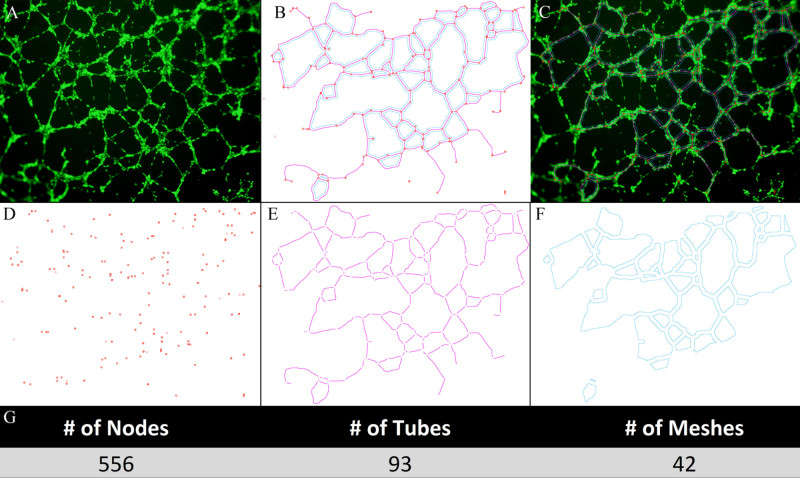Angiogenesis is vital for a variety of process including organ growth, embryonic development and wound healing, but is also associated with a variety of pathological conditions. Much attention has been paid to the studies of angiogenesis. Angiogenesis is a tightly regulated event, balanced by pro and antiangiogenic signals including integrins, chemokines, angiopoietins and so on. The studies of the genes and pathways that regulate this process are of great importance for the better therapeutics of many diseases caused by the disruption of angiogenesis. The tube formation assay is a widely used rapid and quantitative in vitro assay to determine genes or pathways involved in angiogenesis.
The principle underlying the tube formation assay is that endothelial cells retain the ability to divide and migrate rapidly in response to angiogenesis signals. Endothelial cells are cultured on a matrix of basement membrane extract (BCM) and endothelial will be induced to differentiate and form tube-like structures. Tube formation occurs very quickly in this assay and this process of tube formation depends on quantity and type of angiogenic stimuli. These tubes contain a lumen surrounded by endothelial cells, which are linked together through junctional complexes and the tube network generated by these tube can be quantified in several different ways. Depending on the investigator's preference or the specific requirement of the research, several computer programs are available to measure the following parameters including number of tubes, length of tubes, number of meshes and so on. Different types of endothelial cells can be utilized for the purpose of this assay and some optimization needed to be executed for a better result depending on different researches and purposes.
 Figure 1. Fluorescence microscopy imaging and quantification of tube formation
Figure 1. Fluorescence microscopy imaging and quantification of tube formation
The tube formation assay is a fast, reproducible and sensitive method to study angiogenesis in vitro. It has great advantages over other assays. Firstly, it is relatively easy to set up and quantifiable. Further, it can be used for high throughput screening to identify factors that stimulate or inhabit angiogenesis. The tube formation assay is also helpful for determination of genes and pathways that could regulate angiogenesis.

Online Inquiry